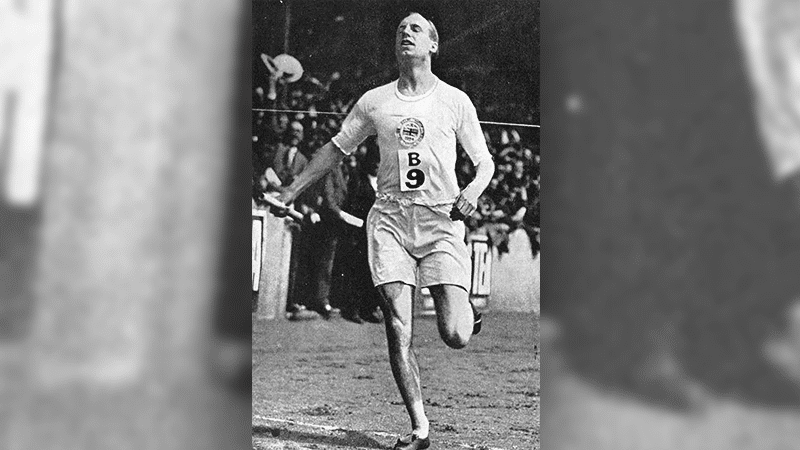The life of athlete and missionary Eric Liddell is being celebrated in a new exhibition hosted by the Scottish Parliament.
Organised by The Eric Liddell 100 campaign, the exhibition marks the centenary of Liddell’s sprinting success at the 1924 Olympics in Paris, and explores the Christian convictions that inspired him.
Edinburgh University recently awarded former student Liddell a posthumous honorary degree.
Courageous
‘Eric Liddell: Legacy of an Olympic Legend’, which goes on display at Holyrood on Saturday, enables visitors to explore the life and legacy of “the Flying Scotsman” and 1924 Olympic champion.
In a promotional video, the charity behind the exhibition explained: “At the 1924 Paris Olympics, the world watched Eric Liddell win gold. But they also witnessed an act of hard work, dedication and genuine courage.
“Rather than running his favoured ‘100 race’ because it was on a Sunday, Eric stood by his beliefs, retrained for the ‘400 race’ and still won.”
Born in China to Scottish parents, he returned to the country of his birth in 1925 aged 23 and served as a missionary until his death in 1945 in a Japanese internment camp.
“Many of us are missing something in life because we are after the second best, I put before you what I have found to be the best – one who is worthy of all our devotion – Jesus Christ. He is the Saviour for the young and the old. Lord, here I am.”
Eric Liddell
Christian beliefs
Liddell, who studied Pure Science at the University of Edinburgh in the 1920s, was nominated for a posthumous honorary degree by its Chair of Sport, Professor Grant Jarvie.
Presenting the award to Liddell’s daughter – 88-year-old Patricia Liddell Russell – Prof Jarvie said: “As we look forward to another Olympic Games in Paris this summer, it is entirely deserved that we honour this remarkable person’s contribution to sport and humanity with this honorary degree today.”
In a comment piece, The Scotsman newspaper said: “Liddell achieved true greatness because of a race he did not run. A 100m heat was due to be held on a Sunday.
“Faced with a choice of competing or adhering to his Christian beliefs, he chose the latter. Regardless of whether we share his views or not, everyone can respect such a decision.”
Honouring God
Earlier this month, a correspondent to The Daily Telegraph wrote: “Those looking forward to the 2024 Paris Olympics may enrich their appreciation by recollecting the French Olympiad of 1924, which featured Scottish athlete and preacher Eric Liddell.”
Because he refused to run on the Lord’s Day , the letter explained, Liddell shunned “his preferred 100-metre dash” and “spent the day preaching in a Parisian church – and was vilified in the UK as a traitor.
“Opting instead for the 400-metre event held on July 11, Liddell entered the stadium, when a supporter slipped him a note citing 1 Samuel 2:30, where God said, ‘Those who honour me I will honour.’
“Though not expected to perform well, he broke the Olympic record and won by five metres. The traitor became a hero and went on to give his life in mission, eventually dying as a prisoner of war.”
Rupert Bentley-Taylor
Only a few decades ago, a high view of the Lord’s Day was standard among English-speaking evangelicals. Yet today, there are many Christians for whom the whole notion of one day set aside for God seems a quaint throw-back to Victorian values. It is easy to feel intimidated by the tide of this popular thinking within the evangelical world.


